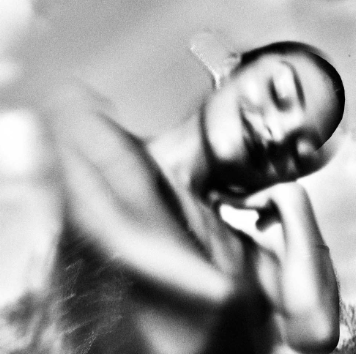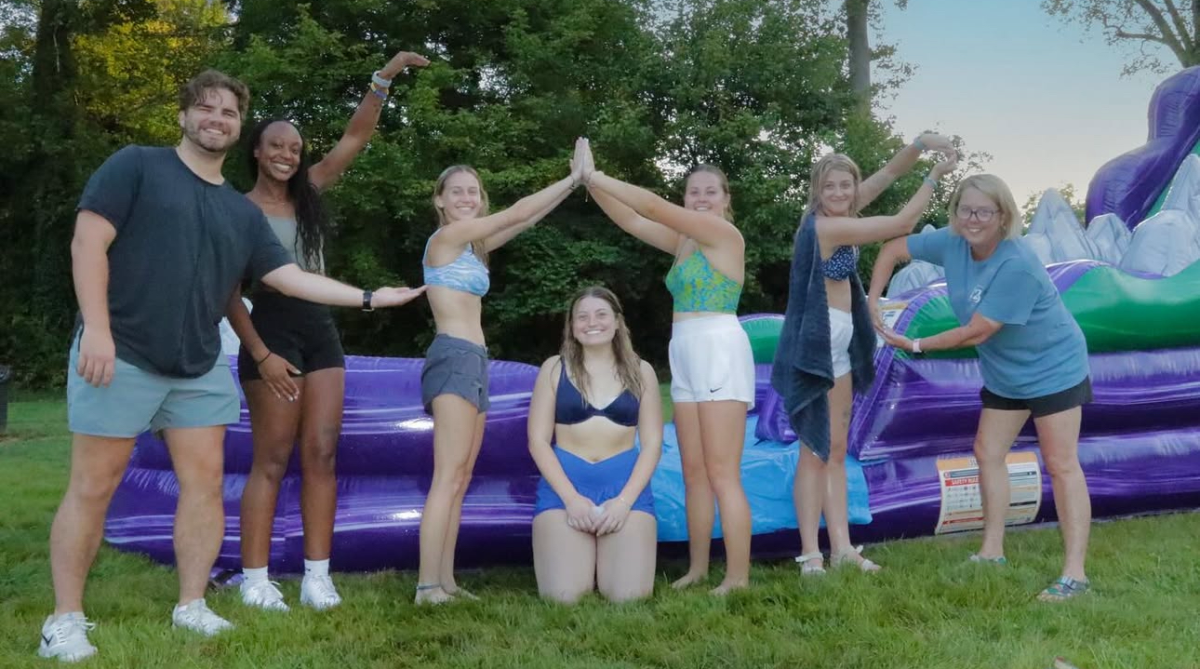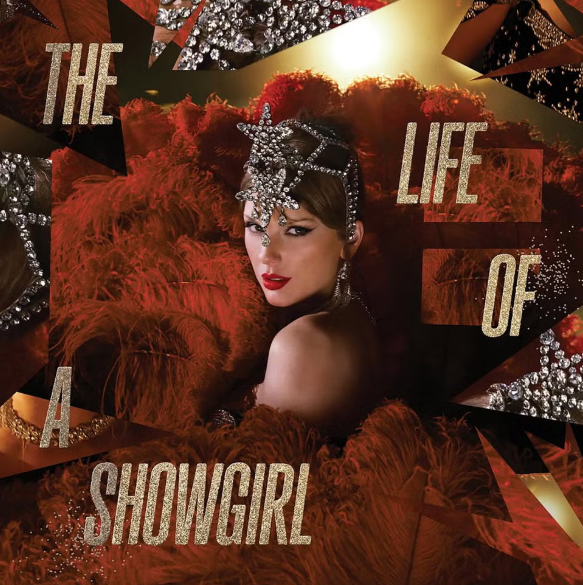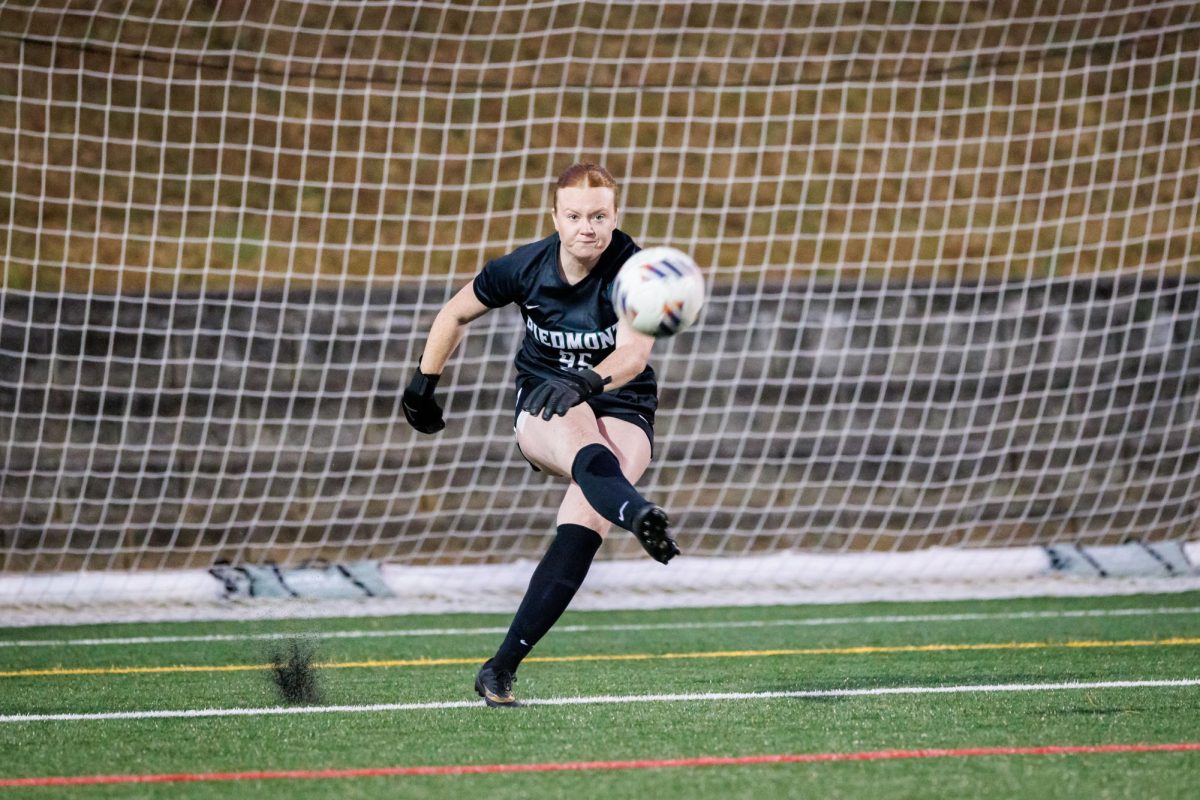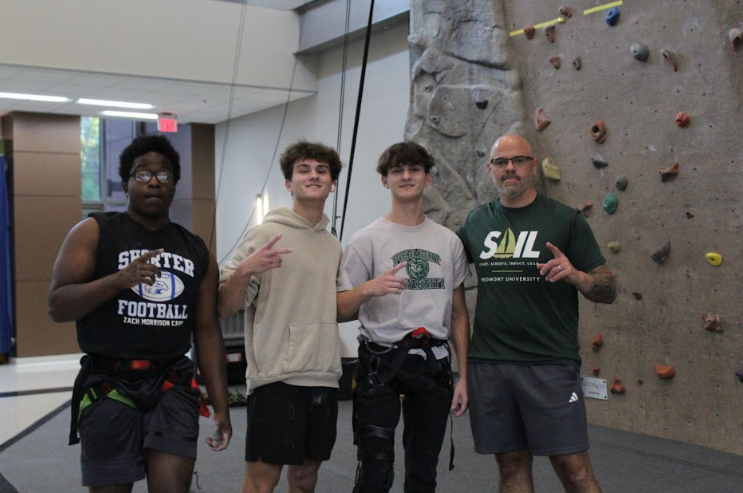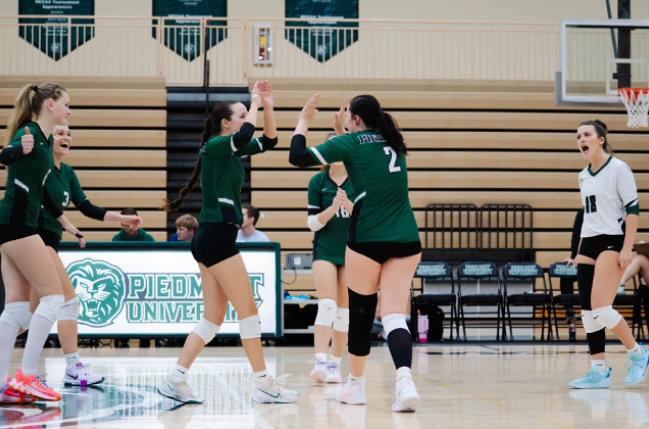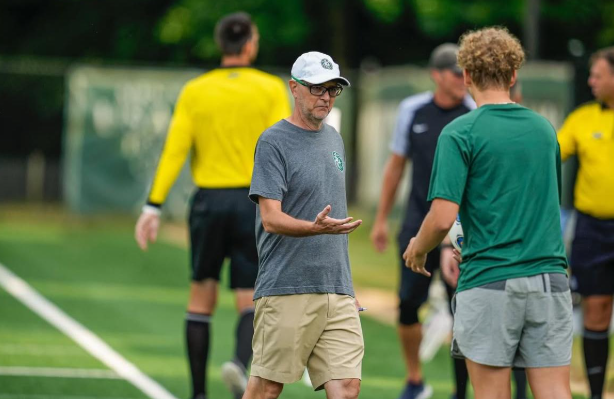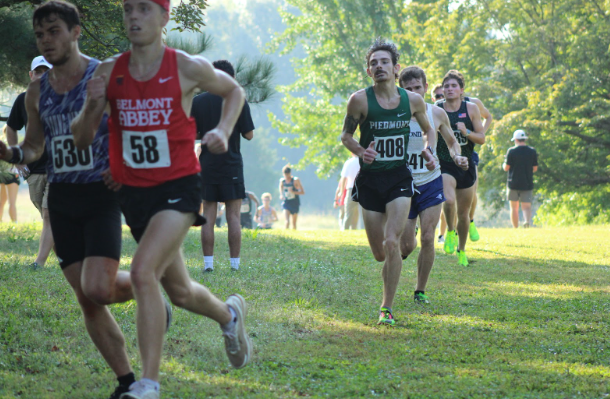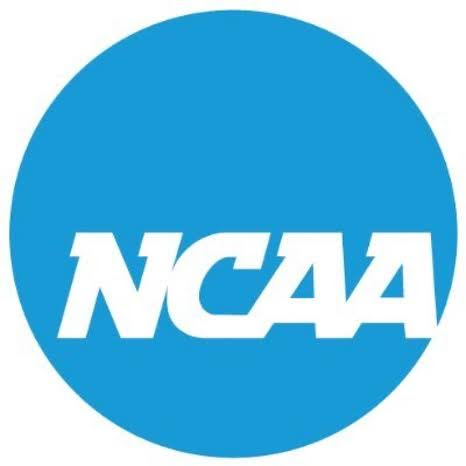
In 2021, the National Collegiate Athletic Association (NCAA) announced that collegiate athletes would have opportunities to make money using their name, image and likeness. Thus, the debate of NIL deals was born. Many people are in favor of athletes making money while competing in collegiate sports, but there are just as many opposers to NIL deals in college sports.
Athletes who compete at the Division 1 level often do not have the time to compete in their sport, attend classes and go to work. This means they depend on making a professional team when their time as student-athletes is over. Even then, not many athletes make it past college sports.
If an athlete were to be drafted onto a professional team, the starting salary, in some sports, is not enough to provide for the athlete.
Take the WNBA, for example, before they started gaining traction, most of the players had to figure out other ways to make money as the contracts they signed were not enough to support them, especially in the off-season. During these periods, some even played overseas after the regular season ended to keep the income flowing.
Now, players like Caitlin Clark and Angel Reese enter the league already having a net worth higher than players earn in multiple years playing for the WNBA.
One of NIL’s most significant accomplishments is its impact on women’s sports. For a while, if a collegiate volleyball player wanted to play professionally, they would have to play overseas. Now, there are two professional leagues in the United States for women’s volleyball, but the contracts are not anywhere near enough to live off of.
Division 1 powerhouse schools like Nebraska, Texas and Penn State have players that are recognized nationally. Profiting from NIL helps these athletes feel financially secure once they graduate.
Some say that allowing NIL deals impacted collegiate sports and the willingness of an athlete to keep competing. However, these deals motivate the athletes to excel on the court or field to look more appealing to brands.
NIL does not have to be bad; it can be the opportunity that transforms an athlete’s life.








